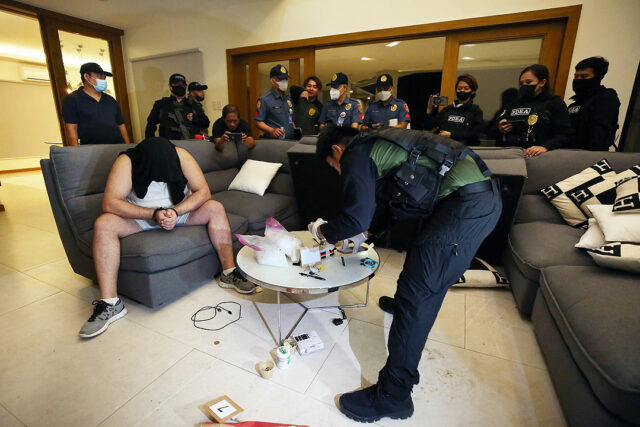
By John Victor D. Ordoñez, Reporter
THE PHILIPPINES under President Ferdinand R. Marcos, Jr. should follow through on its human rights promises to the United Nations (U.N.) and allow people to express dissent, political analysts said at the weekend.
“The Philippine government cannot turn a blind eye to the reality of attacks on journalists, lawyers and human rights workers,” Ruby Rosselle L. Tugade, a legal analyst at Partners in Justice International, said in a Facebook Messenger chat.
“These attacks have greatly affected our civic spaces so much as to produce a chilling effect on those who continue to express dissent and speak up.”
Acting Press Secretary Cheloy Velicaria-Garafil did not immediately reply to a Viber message seeking comment.
The Philippines accepted 200 recommendations from member-states of the United Nations Human Rights Council, including investigating extralegal killings and protecting journalists during its periodic review in Geneva last week.
Justice Secretary Jesus Crispin C. Remulla said the government does not sanction attacks, harassment or intimidation of human rights defenders, lawyers and journalists.
“The Philippines is a vibrant democracy where freedom of expression, including the right to hold dissenting opinions, and the right of peaceful assembly are protected,” he said, according to a copy of his statement before the U.N. on Nov. 16.
Fides M. Lim, convenor of human rights group Kapatid, doubts the government’s sincerity to address these issues.
“So far, there is little basis for optimism when the main implementor of those recommendations fosters the prevalent climate of impunity through victim blaming,” she said in a Messenger chat.
Last week, more than 30 member-states of the U.N. Human Rights Council urged the Philippines to do something about extralegal killings and rights abuses in connection with Mr. Duterte’s anti-illegal drug campaign.
During a U.N. session on Nov. 14, the United States urged the Philippines to hold those behind human rights violations during the drug war accountable. It added that state officials should stop tagging people as communists.
Mr. Remulla told the UN Human Rights Council the government would “dispel the mistaken notion that there is a culture of impunity in the country.”
Arjan P. Aguirre, a political science instructor at the Ateneo de Manila University, said the government should do something about the killings of activists, lawyers and journalists.
“These are not just statistics that can be denied; they have names and lives that were lived and they have stories to tell,” he said in a Messenger chat.
The UN Rights Committee has said the Philippines should comply with international human rights mechanisms and cooperate with the International Criminal Court’s drug war probe.
The Philippines remained the seventh worst country in the world where journalist killers get away with murder, global watchdog Committee to Protect Journalists said in a report on Nov. 2.
The presidential palace said the Marcos government was working with religious groups to persuade drug suspects to surrender.
At least 6,117 suspected drug dealers had been killed in police operations, according to data released by the Philippine government in June last year. Human rights groups estimate that as many as 30,000 suspects died.
“While the government may downplay the attacks on human rights defenders happening on a daily basis, we cannot deny for a fact that journalists, lawyers, and human rights workers have faced a lot of threats while carrying out their duties,” Ms. Tugade said.
“It must enable rather than destroy an environment that respects and protects the work being done by human rights defenders.”
Marcos government told to follow through on human rights pledges
Source: Bantay Radio
0 Comments